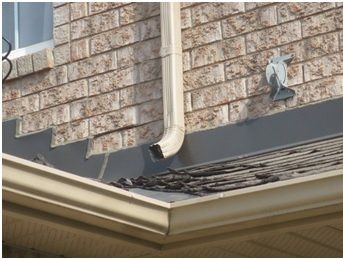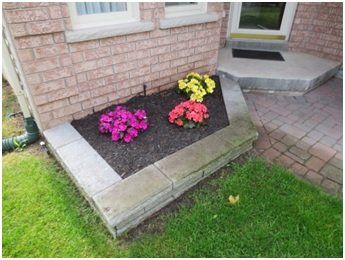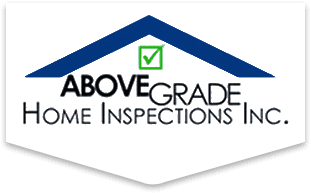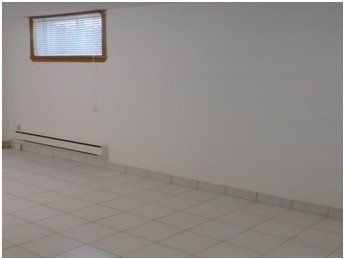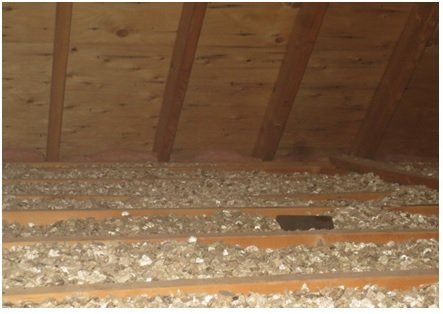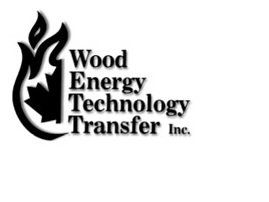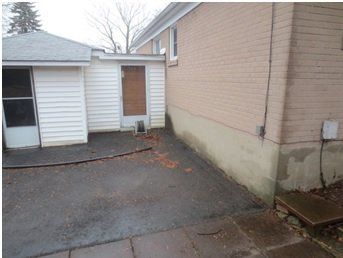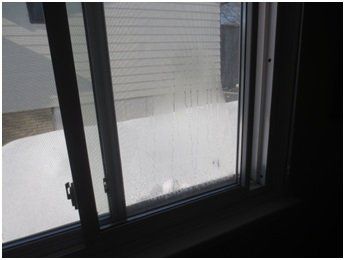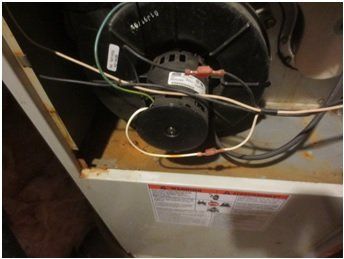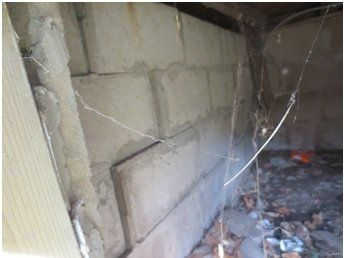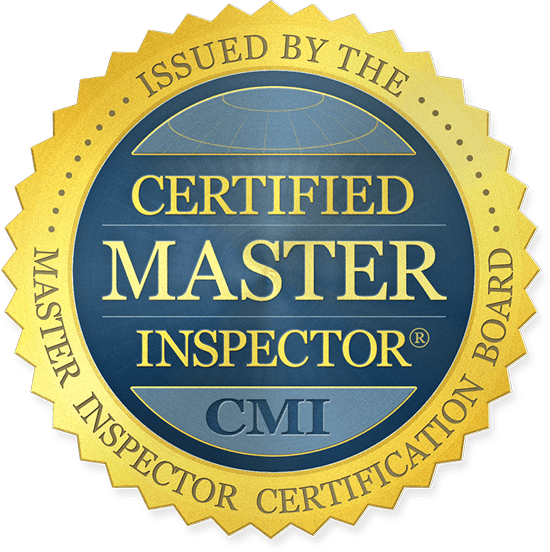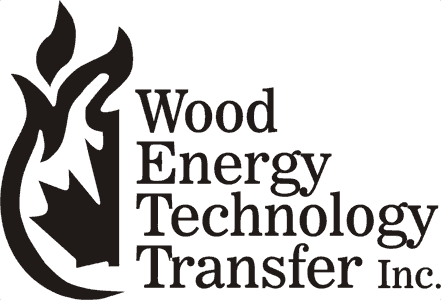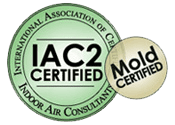Probably one of the most useful, valuable
and really cool tools available to home inspectors today is a thermal imaging
camera. Thermal imaging can help enhance the quality of the home inspection by
aiding the home inspector in detecting things that he or she would not normally
be able to see during a regular visual home inspection.
So what are some of the benefits of having
a home inspection performed with thermal imaging? First off, it can help detect
moisture problems, be it a leaky basement or hidden plumbing leaks; thermal imaging
can help identify these types of hidden defects without the use of destructive
inspection methods. This can help pinpoint a problem and aid in facilitating
repairs in a more effective manner.
Insulation problems are also another common
issue that can be detected by using thermal imaging during a home
inspection. Whether it is substandard or
insulation that is completely missing, thermal imaging can identify areas of
significant heat loss or thermal variation that can help homeowners reduce
their energy bills and improve the comfort of their home.
Electrical faults can also be detected
using thermal imaging. Sometimes “handy” type homeowners may have a tendency to
bite off more than they can chew, resulting in poor electrical installations
which can lead to fires. Thermal imaging can sometimes identify problems in the
electrical system that otherwise wouldn’t have been detected through a regular
visual home inspection.
Thermal imaging does have some limitations
and should not be heavily relied on in all situations, however it can be very
useful and when used in conjunction with other appropriate tools it can be
invaluable to the home inspector and their clients in providing them with
information to help them make an informed decision.
Above Grade Home Inspections Inc. performs thermal
imaging with home inspections
in Barrie and across Simcoe County.
